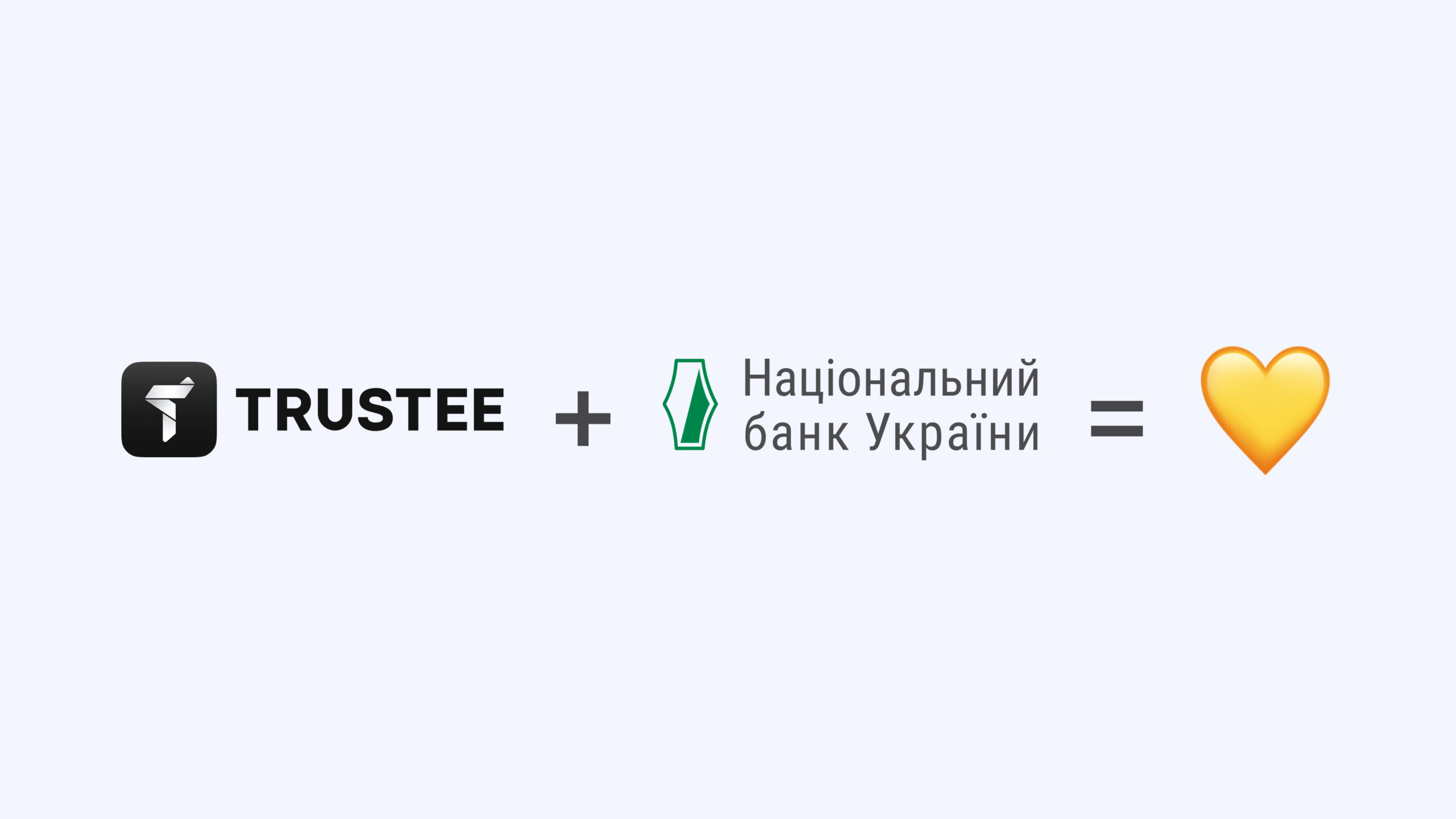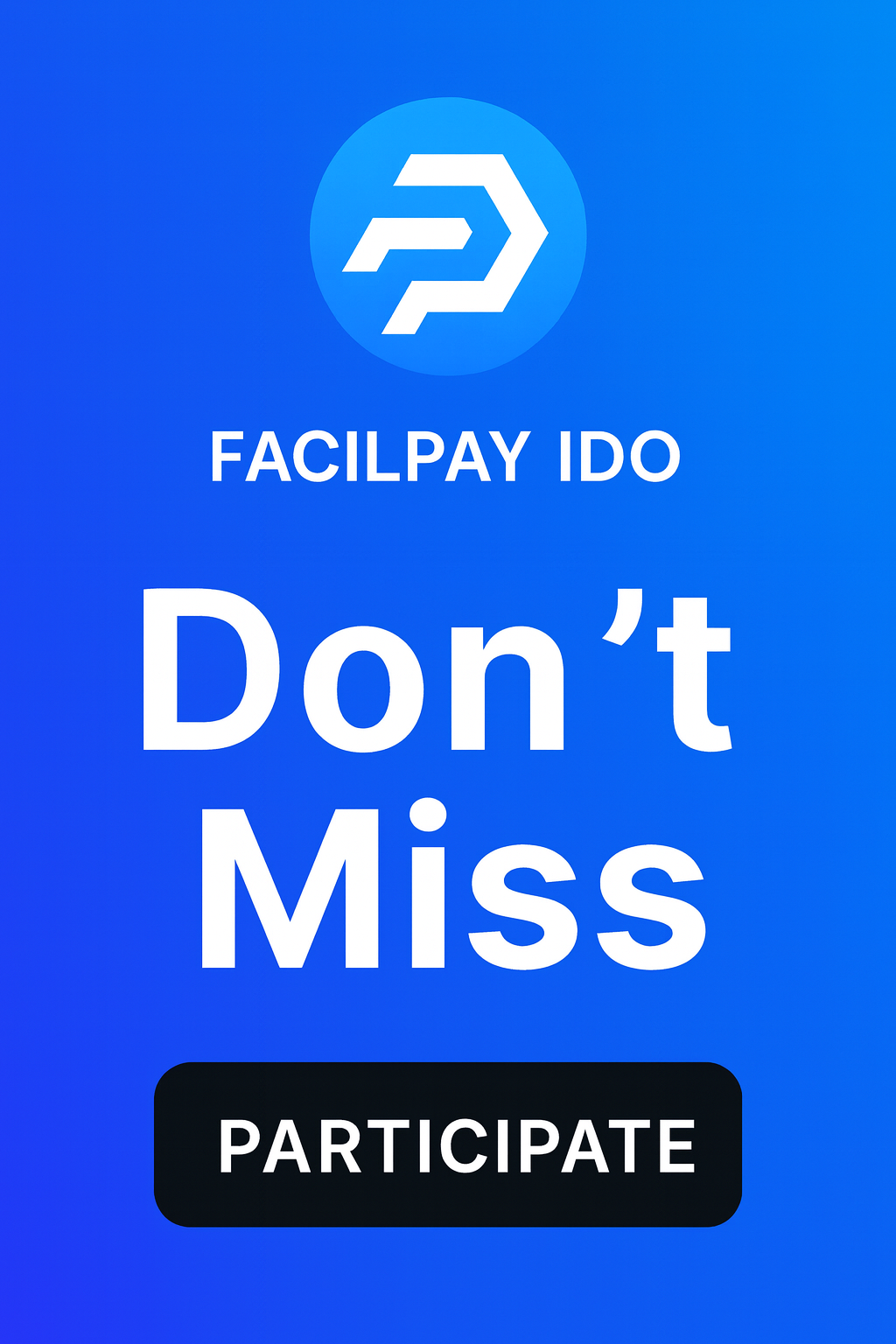NBU Restricted Some Services of Trustee Plus: What It Means for P2P Transfers in Ukraine

On September 22, 2025, the National Bank of Ukraine (NBU) announced that Trustee Global UAB was providing payment services through the Trustee Plus app that require a license. Until permission is obtained, the regulator has prohibited the use of these services by Ukrainian citizens.
According to Trustee CEO Vadym Hrush, the NBU initially pointed out seven potential violations, but after inspection, only two issues remained: access to the P2P platform and euro transfers between users.
The company emphasized that the decision is not a ban on Trustee’s operations as a whole, but concerns specific services. “The regulator objects only to two points in the service structure,” Trustee stated, adding that clients’ assets remain safe and existing users in Ukraine can continue crypto operations without restrictions. The company stopped new client registrations in the country back in May.
Lawyers consider the NBU’s actions a signal for the entire market. Managing partner of ASA Group Ihor Mlechko noted:
“This is a warning that the NBU closely monitors non-bank applications and reacts if they provide payment services without a license.”
Trustee sees a broader effect in the decision, creating a “negative precedent that effectively restricts P2P user interaction.” According to Vadym Hrush, the situation shows the lack of a full-fledged regulatory framework for the crypto market in Ukraine, and pressure on services without passing a law may complicate their integration into the financial system.
Recall that in September, the Verkhovna Rada passed the draft law “On Virtual Assets” in the first reading, but the document still awaits amendments and does not guarantee quick regulation of the industry.
Lawyer Winner Ihor Yasko emphasized that all foreign services must comply with NBU requirements, and Juscutum lawyer Ella Nelha clarified:
“The decision is not a ban on P2P in Ukraine, it specifically concerns a company without the proper license.”
She reminded that the law “On Payment Services” requires providers to be licensed or accredited by the NBU, as well as to have a system of corporate governance, protection, and insurance of users’ funds.
MEXC Research expert Shong Yang added that the main challenges remain AML/KYC, taxation, and interaction with banks. According to him, the market is going through a stage of forming the rules of the game, and integration with European standards may strengthen user trust and open a new stage of development for P2P services.




